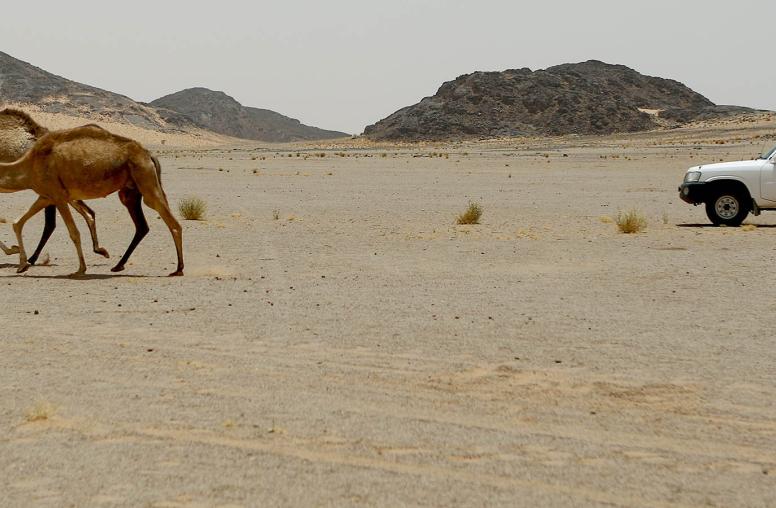The Islamists Are Coming (Book)
THE USIP BOOKSTORE IS TEMPORARILY UNAVAILABLE
The Islamists Are Coming is the first book to survey the rise of Islamist groups in the wake of the Arab Spring. In this book, Robin Wright offers an overview and 10 experts identify Islamists in Algeria, Egypt (two), Jordan, Lebanon, Libya, Morocco, the Palestinian territories, Syria, and Tunisia. Each chapter is designed to help both a general audience and specialists.
A new book published by the U.S. Institute of Peace (USIP) and the Woodrow Wilson International Center for Scholars, The Islamists are Coming: Who They Really Are, was launched April 18 at an event at the Wilson Center in Washington. USIP senior fellow Robin Wright edited and wrote an overview chapter for the volume, which assesses the politics, intentions and capabilities of the many Islamist parties with millions of followers that have gained greater prominence since the uprisings of the Arab Spring. Their growing power has prompted widespread worries about the Islamists' new clout, and Wright said the book "tries to restore a bit of sanity to what has sometimes been a hysterical debate."
With 10 experts in addition to Wright contributing chapters, The Islamists Are Coming examines the broad spectrum of political philosophies that distinguish the Islamist movements, as well as the economic and social pressures that will shape the agendas of those that do come to govern.
The Islamists that are already part of governing coalitions have had to deal with "reality over religion," particularly on economic issues, and their priority in that regard is "jobs, jobs, jobs," Wright said. She predicted that relations between the United States and some of the countries with influential Islamist parties will be "tough" and will be portrayed as a "final break with colonialism." In the West, Wright noted, it's common for people to "see the word 'Islamism' and think 'extremism'." The new book aims to provide a deeper look at the world of the Islamists. Their views about Western political ideas vary, and in some countries their foremost political foes are other Islamist parties. "The diversity among the Islamists is maybe the most important factor," said Wright.
A book website at www.theislamistsarecoming.com will provide updates and an ongoing conversation among these and other experts.
Contents
- The Middle East: They've Arrived - Robin Wright
- Islam: The Democracy Dilemma - Olivier Roy
- Egypt: The New Puritans - Khalil al-Anani
- Tunisia: The Best Bet - Christopher Alexander
- Libya: Rebuilding from Scratch - Manal Omar
- Algeria: Bloody Past and Fractious Factions - David Ottaway
- Syria: Old-timers and Newcomers - Thomas Pierret
- Palestinians: Fighting and Governing - Nathan Brown
- Morocco:The King's Islamists - Abdeslam Maghraoui
- Jordan: The Quiescent Opposition - Jillian Schwedler
- Lebanon: The Shiite Dimension - Nicholas Blanford
- Yemen: The Tribal Islamists - Les Campbell
- Turkey: The New Model? - Omer Taspinar
- Islamist Groups: Parties and Factions - Annika Folkeson



